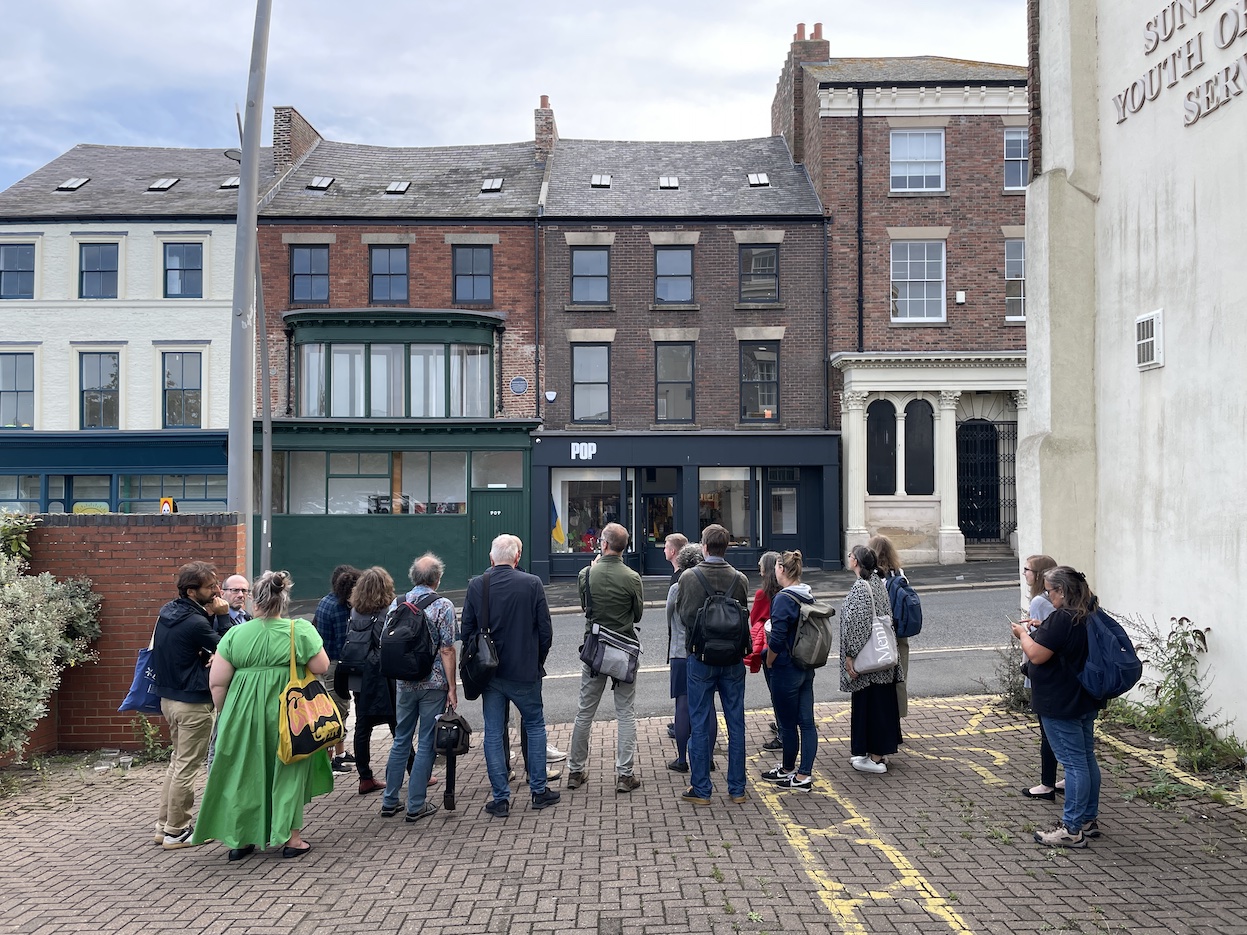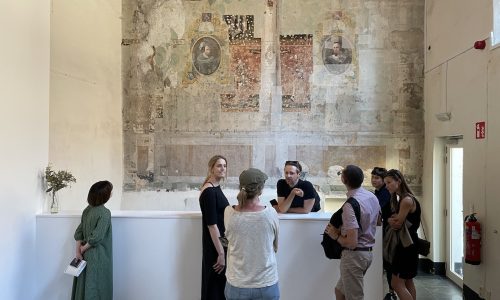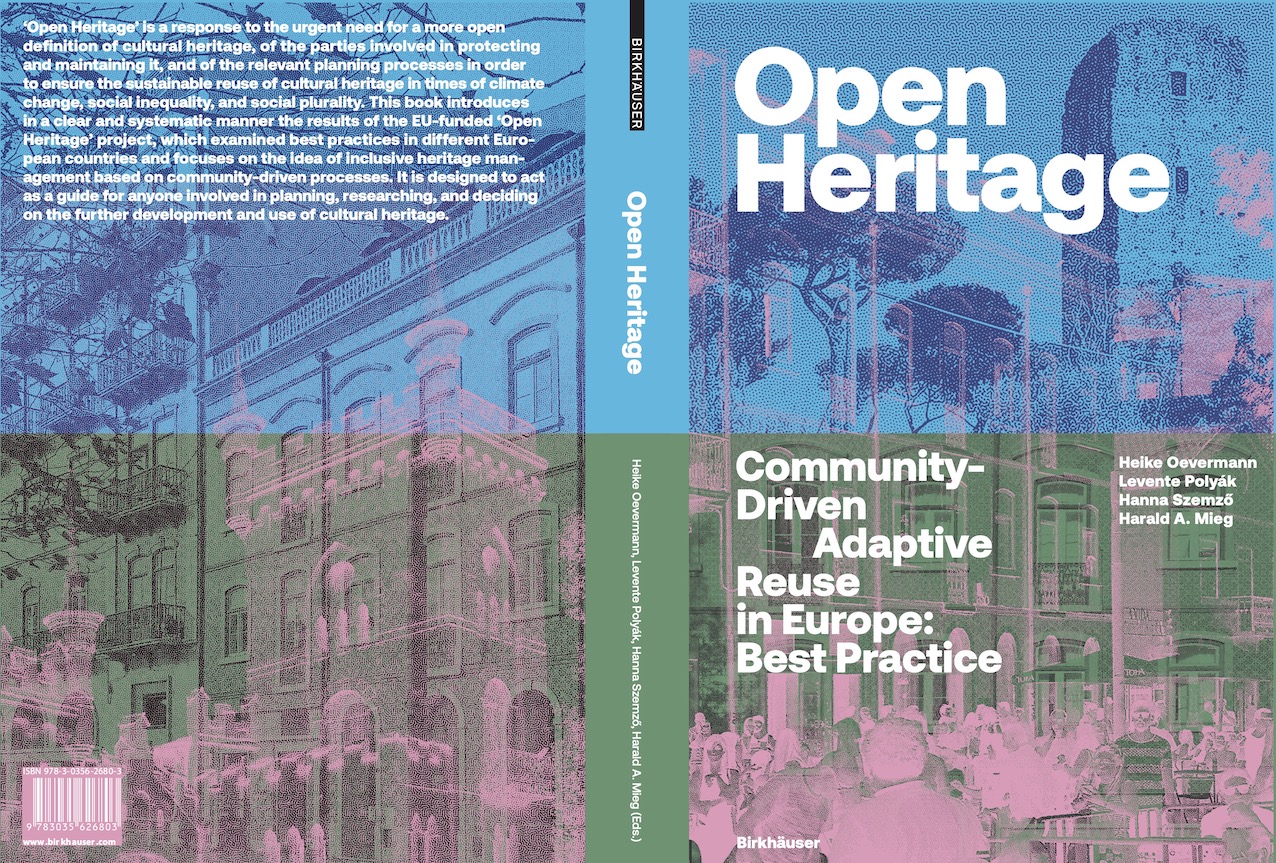Subscribe to our joint NEWSLETTER for
EUTROPIAN &
COOPERATIVE CITY MAGAZINE

Social infrastructure encompasses the shared spaces within our cities such as libraries, urban farms, playgrounds, and sports grounds. Spaces where people can cultivate connections, strengthen networks, and at best promote mutual support. Social infrastructure is essential to the well-being of democratic societies, as the spaces that constitute it foster shared values and meaningful relationships, helping to counter fragmentation and social exclusion. However, over the past four decades, social infrastructure has been significantly impacted by structural changes, as market-based approaches have increasingly put pressure on the provision of public goods. Within Eutropian we take the development of social infrastructure seriously as we have seen its importance for social cohesion and spatial development through different projects. Positioning ourselves in between the institutional side (top-down) and the antagonistic forms of social organisation (bottom-up), we believe in (bottom-linked) public-civic partnerships as a form of social infrastructure governance where public value and social impact can be generated.


One of the most common approaches to creating new social infrastructure involves the adaptive reuse of heritage sites – paces imbued with new meaning through citizen activism. This principle has guided our research within OpenHeritage, where Eutropian has leveraged its expertise in fostering inclusive urban processes. By supporting community groups and citizen initiatives, we focused on areas such as participatory engagement, fundraising, legal framework analysis, and policy development. With a similar approach, we have also looked specifically at social infrastructure in the Danube Region thanks to AGORA, an Interreg project that deploys and adopts creative governance instruments for public administrations in the Danube region. Eutropian’s role was to ensure an effective communication process within the partnership and dissemination of activities, and an effective and efficient implementation of the project activities for all Work Packages.
Moreover, Eutropian’s managers have also been singularly involved in URBACT projects promoting the relevance of social infrastructure. Levente Polyak’s role as Lead Expert for ACTive NGOs supported the coordination of the transfer network that learns from the good practice of the Riga NGO House supporting NGOs increasing citizen awareness of local affairs and participation in municipality-related activities. Finally, Daniela Patti was also Lead Expert for Com.Unity.Lab, a network that aimed to replicate the Lisbon Local Development Strategy for areas of Priority Intervention promoting socio-territorial cohesion through a participatory approach that involves local stakeholder
Based on the experiences of ACTive NGOs, an URBACT network “The Power of Civic Ecosystems: How community spaces and their networks make our cities more cooperative, fair and resilient” collects inspiring practices, ranging from municipal policies to citizen initiatives and professional methodologies, exploring mechanisms of stakeholder mapping and ecosystem-building, frameworks to access to public and private spaces, models of economic resilience, structures of participatory governance, and processes of capacity building.
Drawing from the OpenHeritage project, the book “Open Heritage: Community-Driven Adaptive Reuse in Europe – Best Practices” addresses the pressing need for sustainable development of our cultural heritage in the face of climate change, social inequality, and societal polarisation. It argues that such development is only achievable by expanding the definition of cultural heritage, making planning processes more inclusive, and broadening the range of people involved in its preservation and care.
The scientific article“Exploring the social innovation co-production nexus in Sofia: The case of Toplocentrala within the AGORA project” investigates the territorial implications of social innovation and co-production of services in strategic spatial planning focusing on the regeneration of Toplocentrala, a socialist heritage building in Sofia that has been transformed into a regional centre for contemporary arts, within the context of the AGORA project’s strategic planning process.

Eutropian has co-produced the style and format “The OpenHeritage series” overseeing their production in 16 locations throughout Europe. Each video covers the story of a unique adaptive heritage reuse site serving today as social infrastructure. The documentaries have been screened so far as part of the 13th edition of the Budapest Architecture Film Days, the Living the City exhibition at the Berlin-Tempelhof Airport and The Urban Visions film festival in Italy.
Eutropian “Zoom-ins” on the cities and communities that we have encountered through our projects started with a focus on the AGORA project. An example of this work is the story of a very unique and promising urban regeneration project: the Regional Center for Contemporary Arts in Sofia “Toplocentrala” where culture meets citizen’s rights and participation.
Finally, Eutropian has also followed the state of social infrastructure during the pandemic: “How are community centres reacting to the COVID-19 emergency. How can these community centres maintain their activities and become protagonists of the emerging solidarity networks?” were among the questions discussed within the Cooperative City in Quarantine #4 webinar. While the Cooperative City in Quarantine #12 : COMMUNITY SPACES focused policy support, financial sustainability, and community empowerment in the context of community-led development projects.
| Cookie | Duration | Description |
|---|---|---|
| cookielawinfo-checkbox-analytics | 11 months | This cookie is set by GDPR Cookie Consent plugin. The cookie is used to store the user consent for the cookies in the category "Analytics". |
| cookielawinfo-checkbox-functional | 11 months | The cookie is set by GDPR cookie consent to record the user consent for the cookies in the category "Functional". |
| cookielawinfo-checkbox-necessary | 11 months | This cookie is set by GDPR Cookie Consent plugin. The cookies is used to store the user consent for the cookies in the category "Necessary". |
| cookielawinfo-checkbox-others | 11 months | This cookie is set by GDPR Cookie Consent plugin. The cookie is used to store the user consent for the cookies in the category "Other. |
| cookielawinfo-checkbox-performance | 11 months | This cookie is set by GDPR Cookie Consent plugin. The cookie is used to store the user consent for the cookies in the category "Performance". |
| viewed_cookie_policy | 11 months | The cookie is set by the GDPR Cookie Consent plugin and is used to store whether or not user has consented to the use of cookies. It does not store any personal data. |
